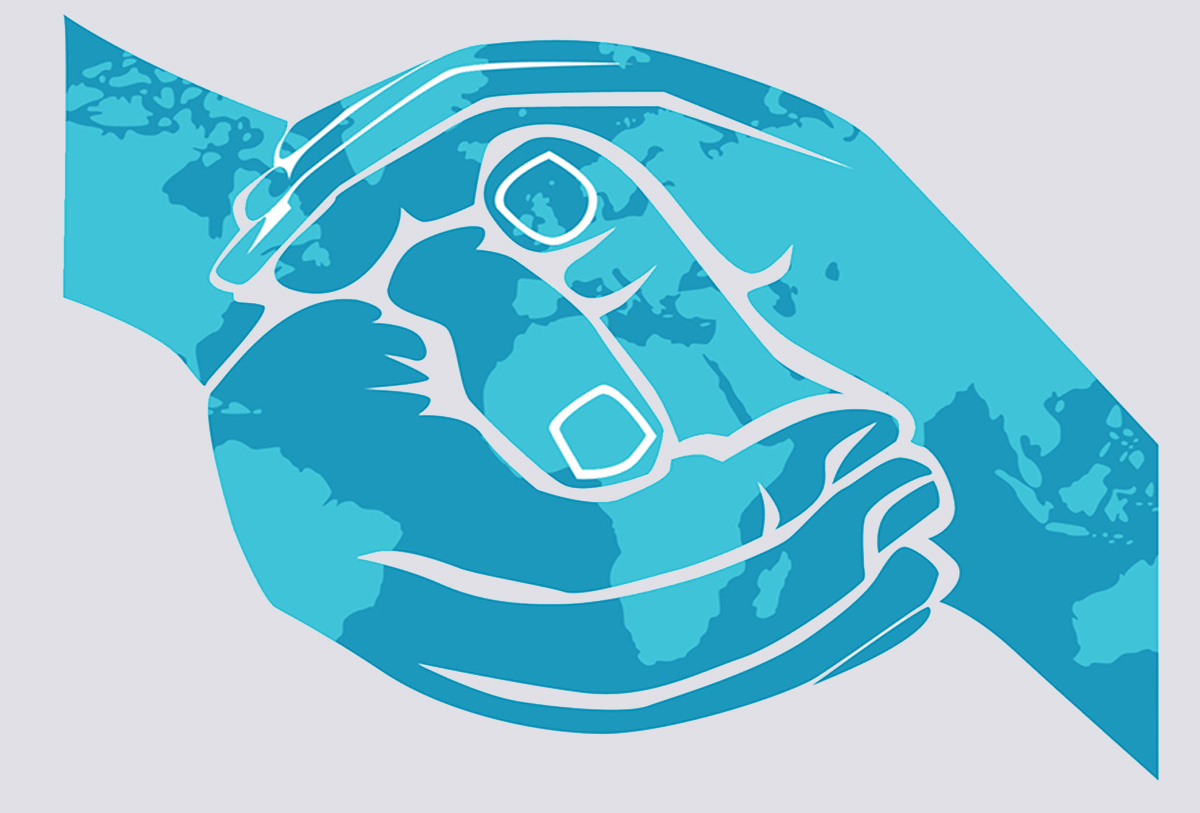On January 22, 2025, the fourth “Security, Science and Peace” conference took place as a collaboration between Pugwash Croatia, an affiliate of the Pugwash Conferences on Science and World Affairs, the World Academy of Art and Science, and the Ideje.hr portal.
The central theme of this year’s conference was global peace, security, and humanism, specifically exploring the connections between scientific progress and security, the role of religious institutions in fostering global peace, and the potential of media as an instrument for peace advocacy.
In a session titled “How can Religion Contribute to World Peace,” Jonathan Granoff, President of the Global Security Institute, emphasized the capacity of religions to awaken human conscience and their obligation to highlight the inherent humanism bestowed upon everyone. Echoing the ‘golden rule’, he urged religions to treat each other with respect and called on nations to do the same. He also underscored the power of prayer, citing the prayer for peace and liberation from nuclear weapons involving religious leaders, former US secretaries of state, and scientists. He mentioned the Peace Pledge, Nuclear Prayer, and Nuclear Prayer Day initiatives and invited conference participants to join.
Apostolic Nuncio Giorgio Lingua identified three key ways religions contribute to global peace: religious mediation and arbitration (citing examples like the Beagle Channel dispute, the Mozambique civil war, and Pope Francis’s mediation between the USA and Cuba), prayers for peace (emphasizing the influence of believers on political leaders), and interreligious dialogue and cultural initiatives (mentioning cooperative documents, centers, conferences, and councils). He also reiterated the universal ‘golden rule’ of reciprocity found in all religions and called for a “spiritual army” of prophets to collectively achieve peace.
Professor Goran Kardaš of the Faculty of Philosophy, University of Zagreb, discussed the practical and philosophical principle of non-violence in Jainism, rooted in the belief that all living beings owe their existence to a higher power. Jainism advocates for the equal treatment of all life forms, emphasizing benevolence, respect, tolerance, and compassion. Kardaš argued that violence and destruction arise from a lack of understanding of others’ perspectives and rigid ideological dogmatism. He concluded that all life belongs to a sacred global family and that the purpose of human existence is to help others.
Theologian, Almir Pehlić, explored the concept of sacrifice and its necessity for achieving greater goals. He drew examples from religious texts where sacrifice was essential for reconciliation and salvation. Pehlić suggested that achieving peace requires both small sacrifices (like dialogue during conflict) and larger sacrifices (like ego and dedicating oneself to the well-being of all). He questioned the willingness of warring nations and world powers to make sacrifices for peace, such as territory or influence.
The Global Security Institute is dedicated to strengthening international peace and security based on co-operation, diplomacy, shared interests, the rule of law and universal values. Our efforts are guided by the skills and commitment of our team of former heads of state, distinguished diplomats and politicians, celebrities, religious leaders, Nobel Peace Laureates, disarmament and legal experts, and concerned informed citizens. Our focus is on controlling and eliminating humanity’s greatest threat – nuclear weapons.







